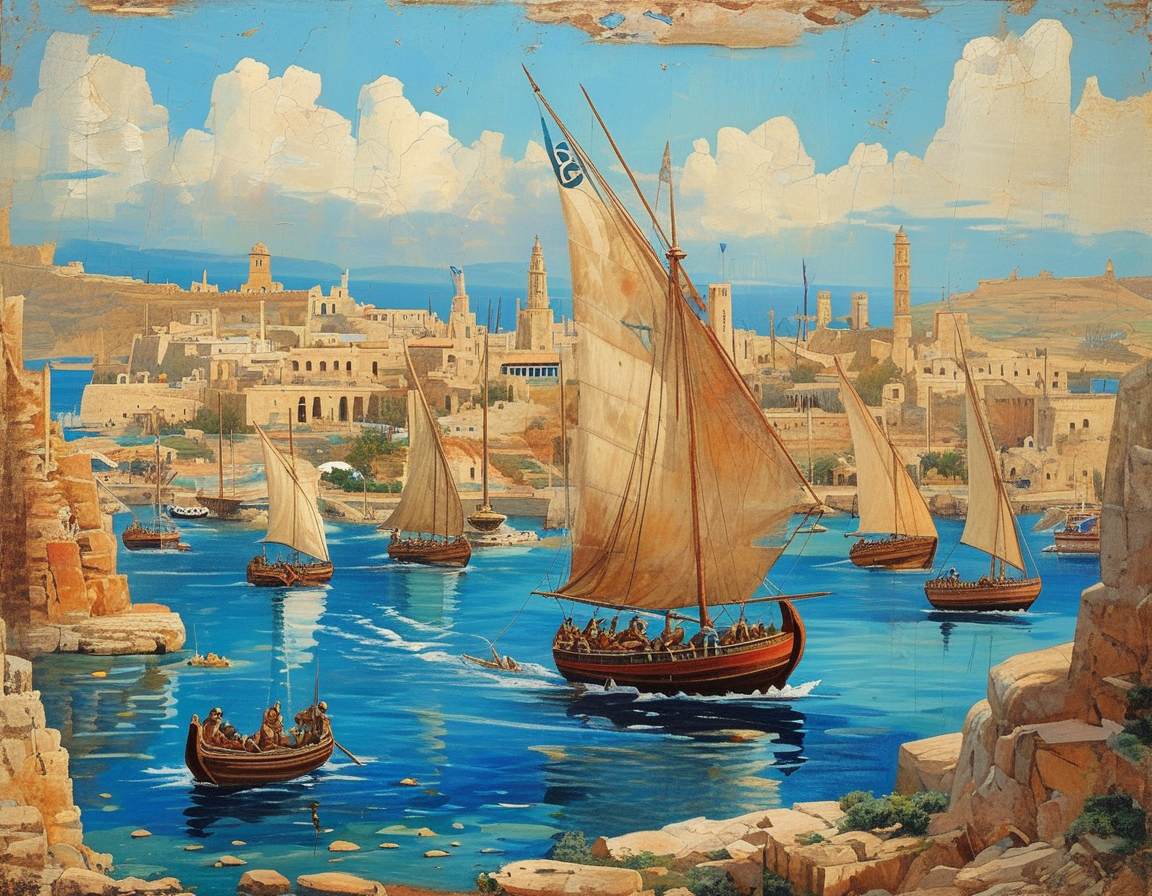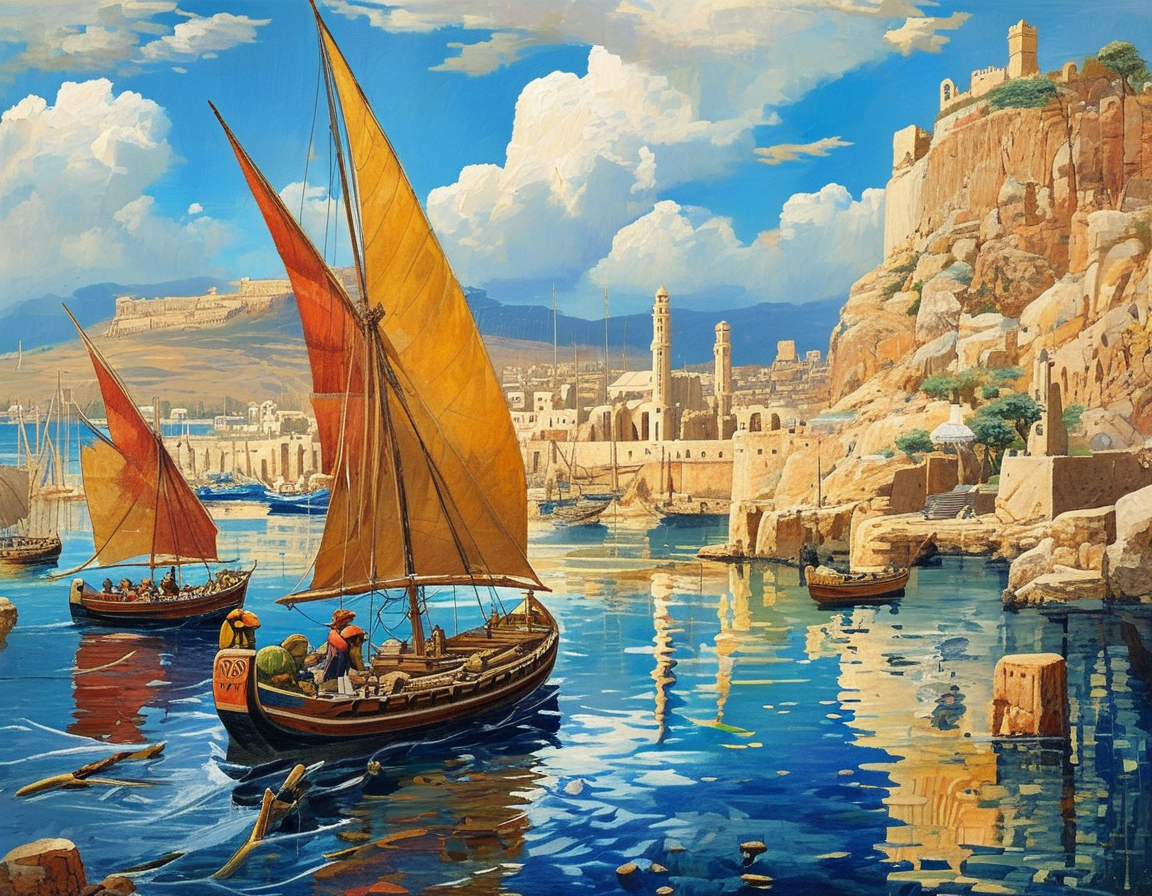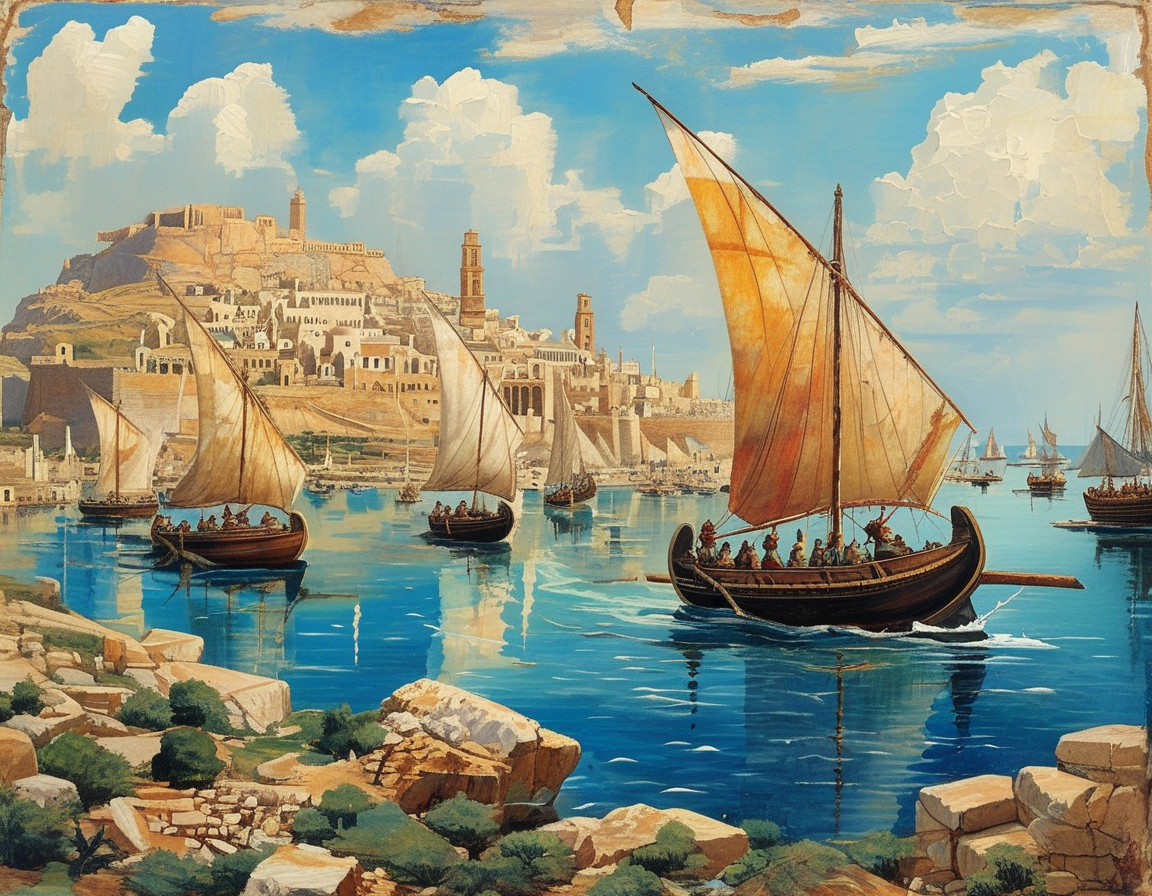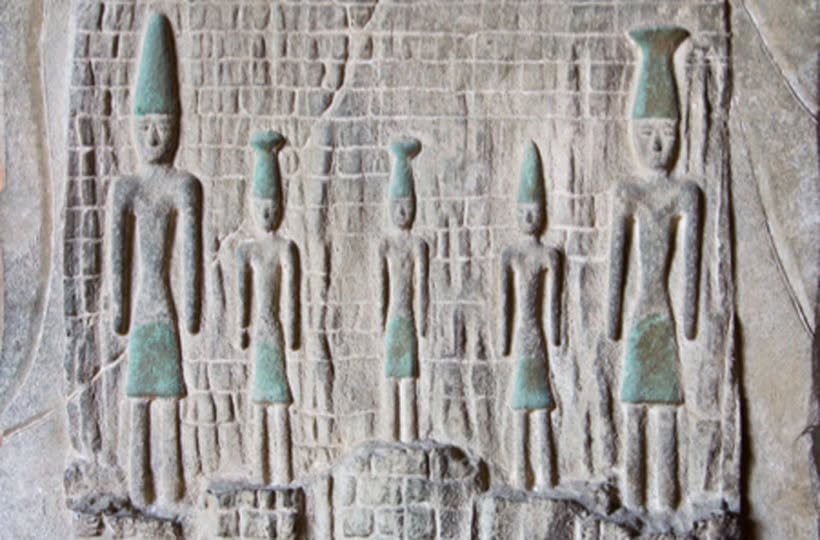Also read
- The Shocking Truth About Capital Punishments in Ancient Times
- Dark Skin and Blue Eyes: The Truth About Ancient Europeans
The Phoenicians were masters of the sea. They sailed across the Mediterranean. Their ships danced over waves, connecting cultures. But why do we remember them? Was it just their extensive trade routes?

Carthage stands as a testament to their legacy. Located in modern Tunisia, it was more than a city. It became a hub of commerce, culture, and conflict. The very name evokes thoughts of naval battles and ambitious traders.
What is often overlooked is the Phoenician alphabet. They created a method of writing that transformed communication. Imagine a world without letters or books—we owe much to their innovation.

Their influence reached beyond trade. They established ports and colonies. Each stop allowed the sharing of ideas. Art, religion, and customs blended in remarkable ways.
Picture a bustling marketplace in ancient Carthage. Merchants bartered goods from distant lands. Spices from the East, textiles from the South. Each transaction told a story.

So, how did their maritime skills shape history? Think of the navigation techniques they developed. They used the stars as guides. They charted unfamiliar waters with unmatched courage.
In today’s world, can we still learn from them? Their entrepreneurial spirit is inspiring. The Phoenicians remind us of the power of connection
But let’s not forget the human element. Imagine a sailor standing at the prow, eyes fixed on the horizon. What hopes and dreams drove them into the unknown?
The Phoenicians were more than traders. They were pioneers of language, culture, and accord. Their journey invites us to reflect on our own paths.




